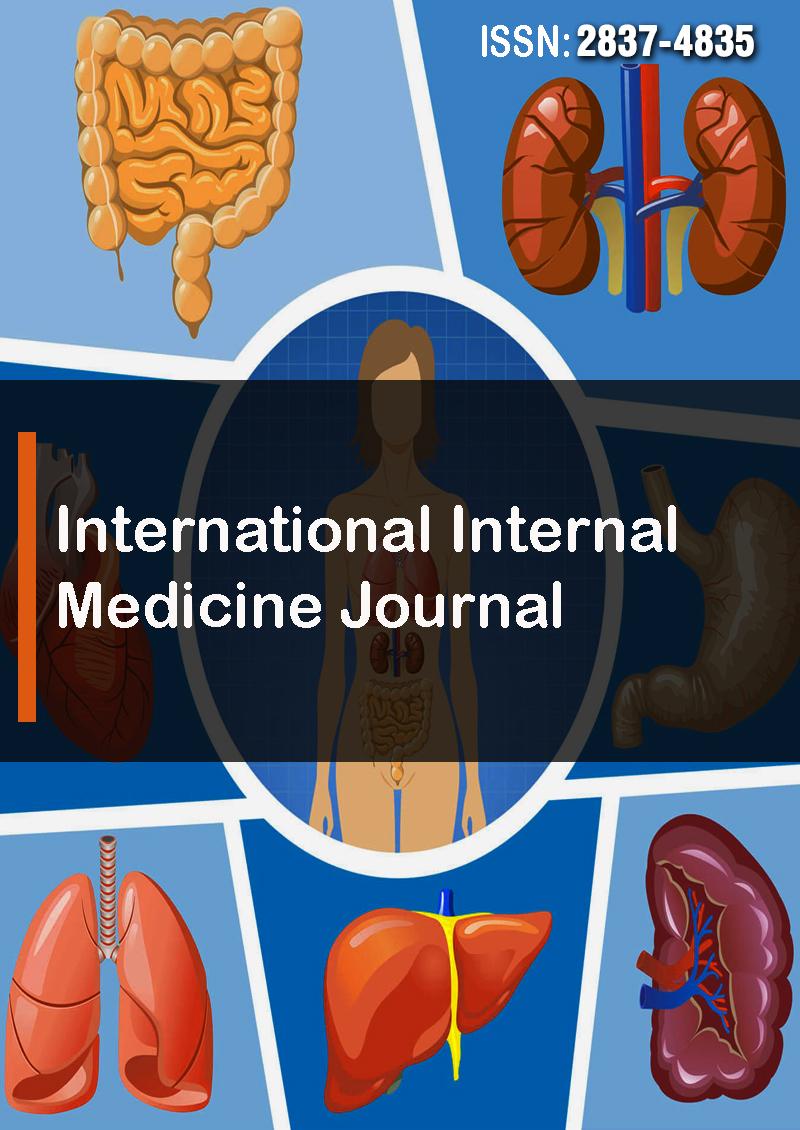Dietary Practice and Associated Factors Among Type 2 Diabetic Patients on Follow-Up in Shashemene Referral Hospital, West Arsi Zone, Oromia, Ethopia, 2020
Abstract
Kelemua lemma, Kebede Kumsa and Tesfaye Assefa
Background: Diabetes' diet is a naturally nutrient-rich, fat-free and calorie-free diet. Dietary factors play a critical role in the management and prevention of type 2 diabetes due to their impact on weight and metabolic control.
Objective: The goal of this study was to evaluate dietary practices and associated factors among type 2 diabetic patients on follow-up at Shashemene referral hospital in West Arsi zone, Oromia, Ethiopia, in 2020.
Methods: In April 2020, a hospital-based cross-sectional study of type II diabetic patients on follow-up was conducted at Shashemene referral hospital. A sample size of 389 was used based on the prevalence of dietary practice among type II diabetic patients. Pre-test, structured face-to-face interview questionnaires were used to collect data from systematically selected samples of type II diabetic patients. Data was entered into a computer using the statistical analysis software SPSS version 25.0. Descriptive analysis was used to present the findings. Bivariate and multivariate logistic regression were used to further analyze the data. The odds ratio with a 95% confidence interval.
Result: A total of 389 patients with type II diabetes were included in the study whose mean age and standard deviation (SD) was 42+ 12.2 SD. The study revealed that 39.3% of the patients had good dietary practice. Factors significantly associated with dietary practice were patient religion (AOR=10.32 ,95% CI (1.25,85.2), having family support, (AOR=4.10 95% CI (2.05,8.18) awareness level about diet (AOR = 3.8, 95% CI (0.34,5.94) and high cost of food (AOR = 2.06 95% CI (1.08,3.89) were found independent predictors for good dietary practice.
Conclusion & Recommendations: The dietary practices of diabetic patients are not enough and they need to be improved. Training and advice on components of the proposed nutritional diabetes must be provided. The quality and scope of health education at the hospital level can be improved and the lifestyle changed. This level of self-care should be achieved through collaboration between patients and health care providers.



